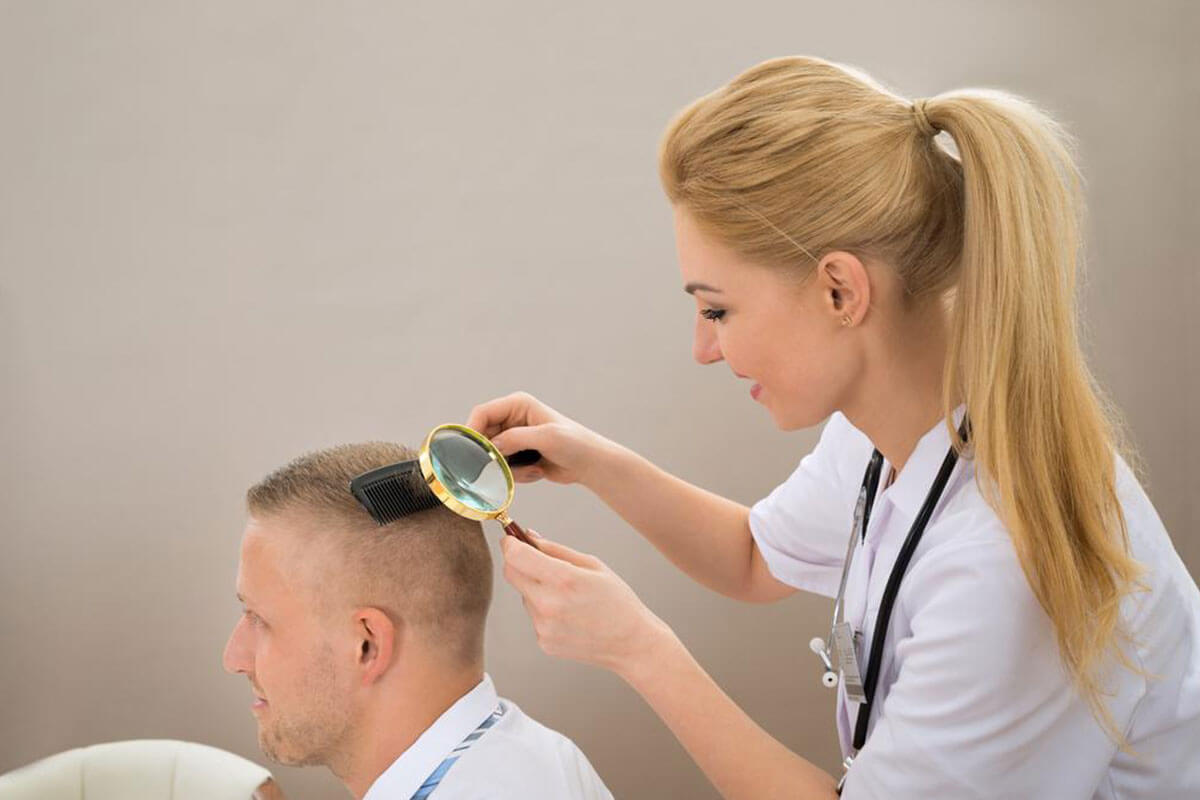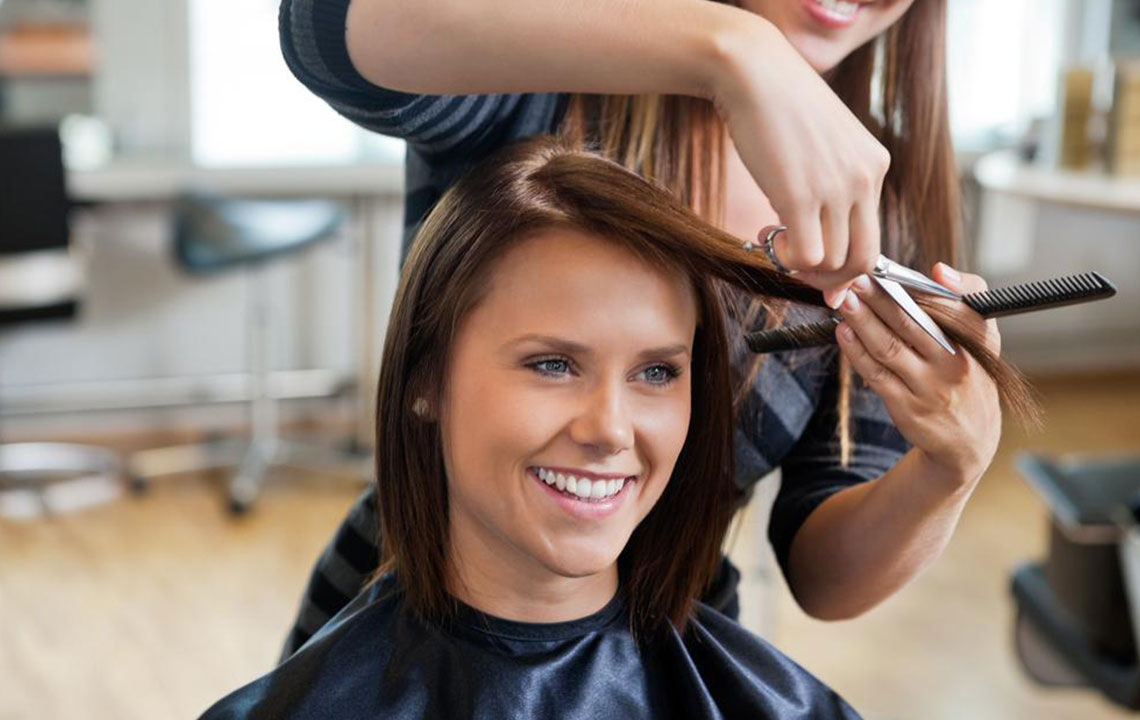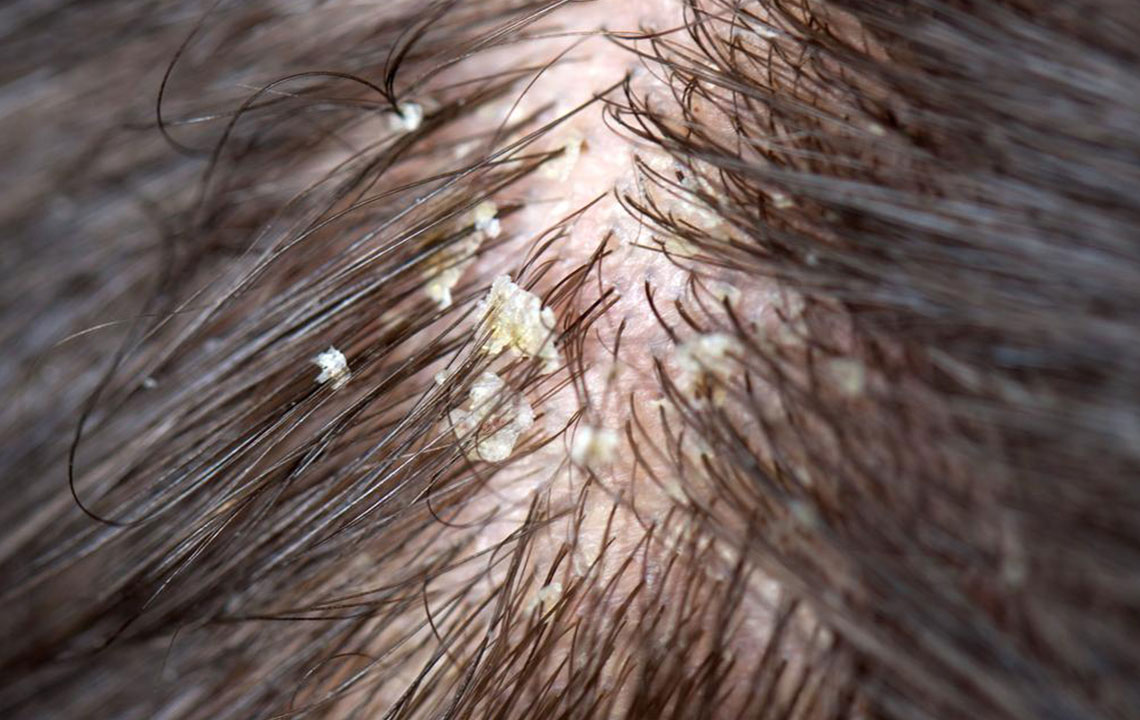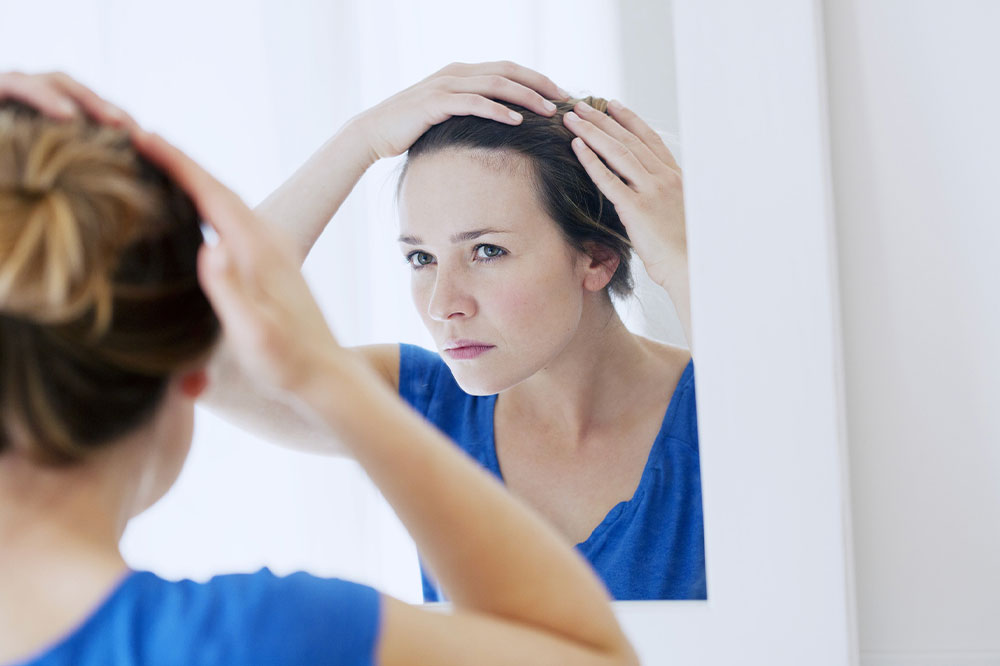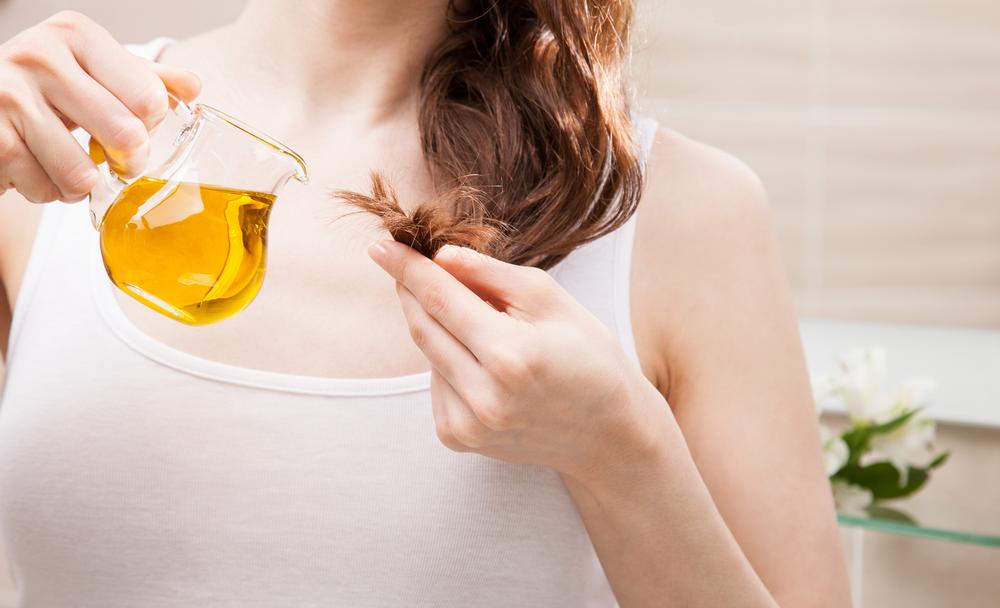Comprehensive Guide to Treating and Preventing a Dry Scalp for Healthy Hair
This comprehensive guide offers proven strategies to treat and prevent a dry scalp, including natural remedies, lifestyle tips, and when to seek professional help. Maintaining scalp moisture restores healthy hair and reduces itchiness. Implementing these techniques ensures long-term scalp health and vibrant hair growth.
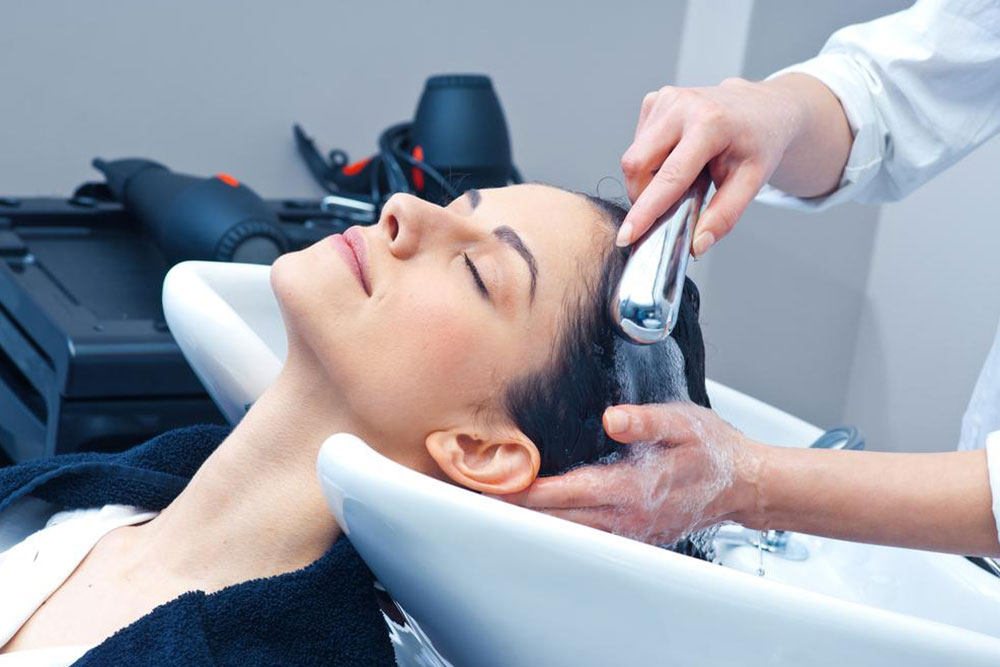
A dry scalp is a common hair concern that many individuals encounter at some point in their lives. It is often characterized by dullness, persistent itching, and visible white flakes that tend to settle on the shoulders. Although it may seem minor, if left untreated, a dry scalp can lead to more significant hair and scalp issues, affecting the overall health and appearance of your hair. Recognizing the causes and implementing effective treatments can help restore your scalp's natural moisture balance, leading to healthier, shinier, and stronger hair.
Understanding what causes a dry scalp is the first step toward effective management. Various factors contribute to this condition, including environmental influences, lifestyle habits, and inherent skin sensitivities. Once you are aware of these causes, you can tailor your hair care routine and daily habits to prevent and alleviate dryness efficiently.
Causes of a Dry Scalp
There are numerous reasons why your scalp might become dry and flaky. Among the most common causes are:
Insufficient Oil Production: The scalp's sebaceous glands may become underactive or clogged, leading to a deficit of natural oils that are essential for maintaining scalp hydration. Without adequate oil, the skin becomes dry and flaky.
Harsh Hair Care Products: Sulfate-containing shampoos, alcohol-based styling products, and chemical treatments can strip away natural oils, disrupting the scalp's moisture balance.
Hard Water: Water high in minerals like calcium and magnesium can leave residues on the scalp, causing dryness and irritation.
Fungal Infections: Conditions like dandruff are often caused by fungi such as Malassezia, which can exacerbate dryness and flakiness.
Environmental Factors: Extreme weather conditions, such as cold, windy, or dry air, can strip moisture from the scalp. Conversely, excessive heat and sun exposure can also contribute to scalp dehydration.
Diet and Lifestyle: Poor nutrition lacking essential fatty acids, vitamins, and minerals impacts scalp health. Stress, dehydration, and insufficient sleep further weaken scalp resilience.
Use of Styling Products and Frequent Washing: Overwashing the scalp or using harsh styling products can break down the natural barrier and lead to dryness.
Effective Strategies to Heal a Dry Scalp
Fortunately, treating a dry scalp is achievable with consistent and targeted care. Here are proven remedies you can incorporate into your hair routine to restore moisture, reduce itching, and promote healthy hair growth:
1. Regular Scalp Oil Massages
Applying nourishing oils like coconut, olive, or argan oil can be highly beneficial. Warm the oil slightly to improve absorption, then gently massage it into your scalp using your fingertips. This process stimulates blood circulation, encourages oil production, and provides intense nourishment. Leave the oil on for at least an hour or overnight before washing it out with a gentle shampoo. Regular oil massages can balance scalp moisture, prevent dryness, and even strengthen hair roots.
2. Incorporate Antimicrobial and Hydrating Shampoos
Switch to sulfate-free shampoos enriched with natural ingredients like tea tree oil, aloe vera, or chamomile. Tea tree oil has antifungal properties that target fungal infections causing dandruff and dryness. Aloe vera contains vitamins and enzymes that hydrate the scalp and soothe irritation. Limit shampooing to 2-3 times a week to avoid stripping away natural oils—overwashing can worsen dryness.
3. Use Essential Oils and Natural Additives
Adding a few drops of tea tree oil, peppermint, or eucalyptus to your regular shampoo can enhance scalp health. These essential oils offer antimicrobial and anti-inflammatory benefits. Additionally, applying lemon juice diluted with water after hair detangling can help restore scalp pH balance, reducing dryness and flakiness. Always perform a patch test before using new oils or acids to prevent reactions.
4. Nourishing Masks and Exfoliation
Weekly deep conditioning masks made from natural ingredients like beaten eggs, yogurt, honey, and olive oil provide vital nutrients to your scalp. These masks hydrate, repair damage, and promote an optimal environment for healthy hair growth. Incorporate gentle exfoliation using baking soda mixed with rose water or apple cider vinegar diluted with water. This helps remove dead skin cells, unclog pores, and maintain a balanced scalp pH.
5. Maintain Adequate Hydration and Balanced Diet
Hydration plays a crucial role in scalp health. Drink plenty of water throughout the day to keep your skin and scalp moisturized from within. Incorporate a diet rich in omega-3 fatty acids, vitamins A, E, and D, zinc, and antioxidants—nutrients essential for healthy skin and hair. Avoid excessive consumption of processed foods, sugary snacks, and alcohol, all of which can negatively affect scalp health.
6. Adjust Lifestyle and Environmental Exposure
Protect your scalp from harsh environmental conditions by wearing hats or scarves during extreme weather. Use humidifiers indoors to prevent indoor air from drying out your scalp. Minimizing stress through meditation, proper sleep, and exercise can bolster your body's natural healing processes, including scalp regeneration.
When to See a Dermatologist
If your scalp dryness persists despite implementing these remedies, or if you notice other symptoms such as intense itching, swelling, redness, or hair loss, it’s important to consult a dermatologist. Persistent dryness may indicate underlying conditions like psoriasis, eczema, or scalp infections that require professional treatment. Dermatologists can recommend medicated shampoos, topical treatments, or other therapies tailored to your specific needs.
Conclusion
Healing a dry scalp requires patience, consistency, and a good understanding of the factors involved. By adopting gentle, nourishing practices such as regular oil massages, choosing appropriate hair care products, maintaining proper hydration, and protecting your scalp from environmental stressors, you can restore natural moisture balance. Remember that every scalp is unique, so listen to your body and adjust your routine accordingly. Long-term scalp health not only improves the appearance of your hair but also enhances overall well-being, making your hair more resilient, glossy, and healthy for years to come.
